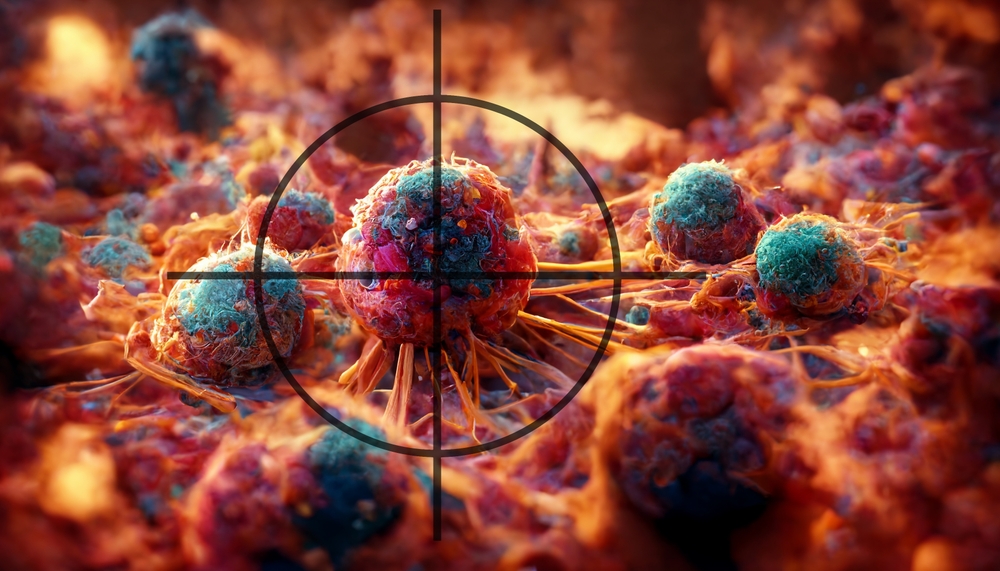In a recent study, researchers found that high NAD(H)+ amounts slow down the growth of highly proliferative cancer cells by slowing down their DNA replication. The authors suggest that high NAD(H)+ in combination with cancer drug 5-fluorouridine could selectively kill highly proliferative cancer cells, especially those that rely on de novo nucleotide synthesis.
NAD+ was added to cancer cells cultured on a dish and therefore requires verification of the results in living tissues. Researchers conclude that the results open new perspectives for assessing NAD+ supplementation and/or exercise in cancer therapy.
On NADMED’s view the study raises interesting aspects to NAD+ biology but also highlights the need for better NAD-form analyses: NAD+ and NADH have different biological effects and their separation is necessary for accurate information. This is possible by NADMED technology. Read more here.

